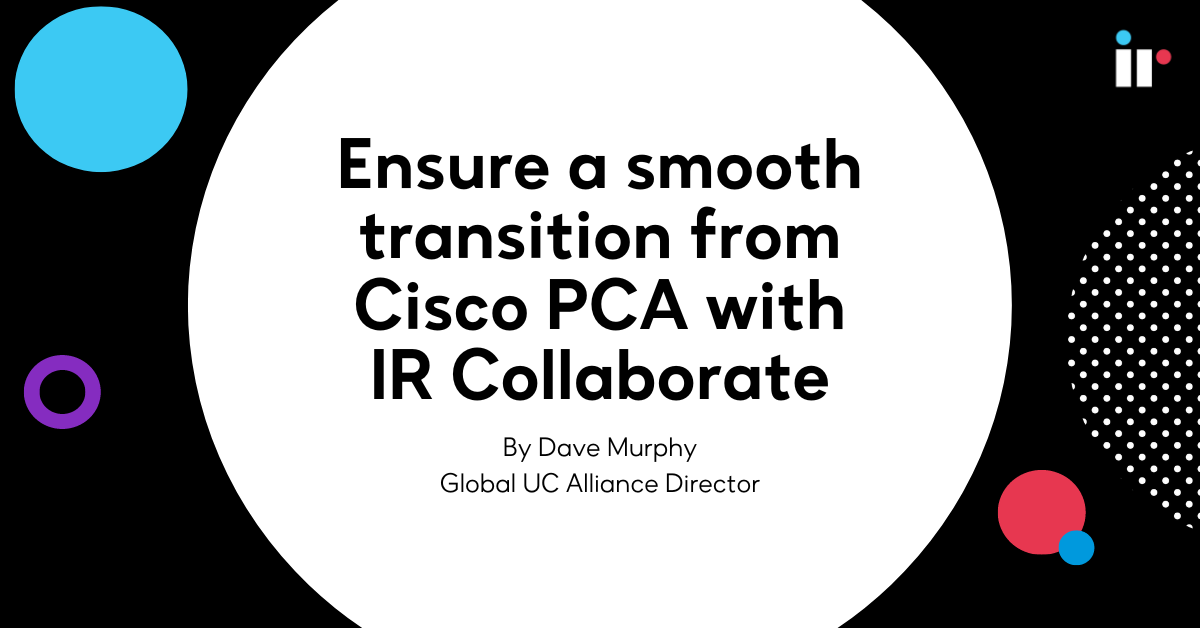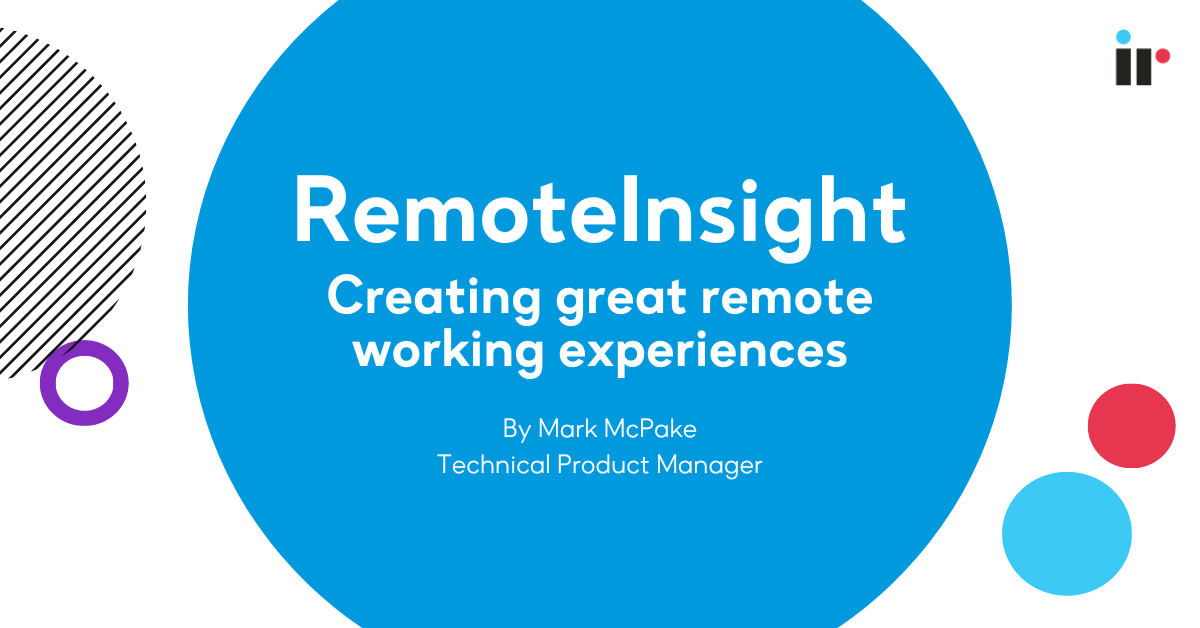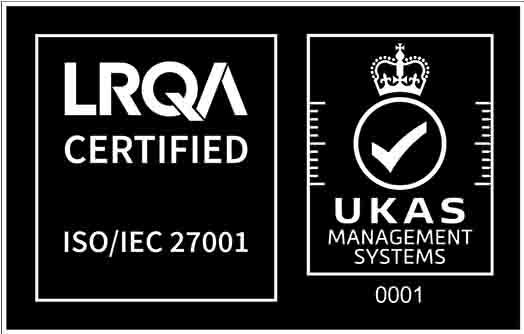Big data is an ambiguous buzzword that means different things to different people. At its core, it's primarily a broad term for datasets so large traditional processing can't handle them. Big data for unified communications analytics is often an obsession for both the media and entrepreneurs, with billions of dollars being poured into software development on a yearly basis. In this blog post I discuss how big data is helping change the unified communications landscape.
Big Data's Evolution Due to Cloud Services
Harnessing detailed information through analytics gives service providers and enterprises the support and the solutions they need to improve infrastructure, billing, collaboration, and security. Big data has been around for a long time, but it meant a significant amount of on-premises computing power was needed in the past to produce necessary analytics. But now, new capabilities are now possible in unified communications analytics, thanks to the advent of cloud services.
Scalability
The ability to shift business workloads from on-premises into the cloud is one of the largest changes we've witnessed over the last few years. Amazon Web Services and Microsoft Azure both have powerful engines able to enable communications analytics, and provide relevant quality informational insights and reporting.
Small Businesses, Big Data
Thanks to the cost efficiency and accessibility of cloud services, a small business that wouldn't otherwise be able to afford the required processing power can now get nearly immediate results from the increased streams of information.
When I made a visit to Microsoft's local offices here in Denver, they spoke about how a small flower shop business had the ability to send usage information over the Microsoft Azure for analytics. Customer demographics and buying habits were streamed into the cloud with almost a single click. From there, the capturing of further analytics could identify customers who were unlikely to come back for repeat business. A targeted customer marketing campaign was developed, which was shown to move those customers in to the 'likely to purchase' bracket.
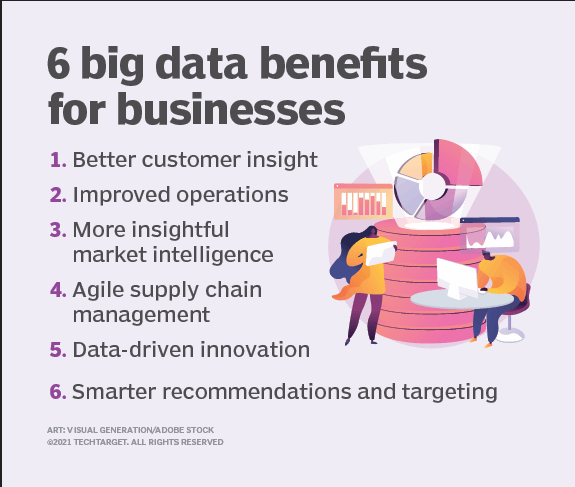
Applying Big Data to Unified Communications
Specific subsets like demographics can be used to provide a complete insight to unified communications within an organization. The analysis of calls made within the unified environment will create a map of internal collaboration, while external calls will provide intelligence as to external partners and vendors.
The same concepts that apply to small business also translates into effective strategies for unified communications management. When you're investigating the adoption and rollout of new capabilities, you can gain an understanding of who the users are, and determine what strategies to implement to increase that utilization.
Troubleshooting
Big data can also be leveraged to find a needle in a haystack during troubleshooting, whether it's pinpointing a single network device or even a type of headset. Without the ability to capture, store, and analyze massive amounts of information, the time required to find the root cause would make such a task impossible.
Imagine a situation where a large organization is encountering sporadic issues. One location is experiencing poor voice quality, while another is experiencing frequent dropped calls, and can't be isolated or related to a specific area, user, or technology. Leveraging the power of all this information, mass scalability, and analytics in this scenario, allows a business to highlight the common thread.
Do Unified Communication and Collaboration applications solve the problems they promise?
Operational Efficiency
From a broad scope, the vision of big data can be applied to unified communications in order to become more operationally efficient. With solutions to increase employee productivity, create better team engagement, and fine tune operational processes, we can consider ways to leverage the concepts that it brings to the table to eradicate a wide array of problems. This makes an organization's whole unified communications and collaboration infrastructure more successful. It can save downtime, closely monitor usage of all resources, identify potential issues and make sure that every team member is supported.
What else can big data do?
Big Data is of enormous volume, and arrives at such velocity and variety that it can be difficult at first glance to see the full potential of what it offers. Performance management tools can collect all this information. Using a single dashboard to provide intelligence in real time, you have access to analytics relating to network performance, system failures, call quality, and the health of your unified communications environment. But there's more.

Predictive decision making in real time
From a marketing point of view, how will the weather, public holidays, political or world events affect how a customer will use your product or service? Big data provides the tools, metrics and analytics to predict peaks and troughs, as well as respond to them in real-time.
Price optimization
Information and analysis of past events and customer behavior can create predictive dynamic pricing that changes based on context. This enables businesses to build models for what different customers would be willing to pay and identify where profits may be leaking.
Creating a better customer experience
You can combine data from your CRM, the IoT and even customers’ social media posts to gain a holistic view of who they are and what they do. This enables you to use what you know to offer them an individualized service that focuses on delivering what they need as quickly as possible.
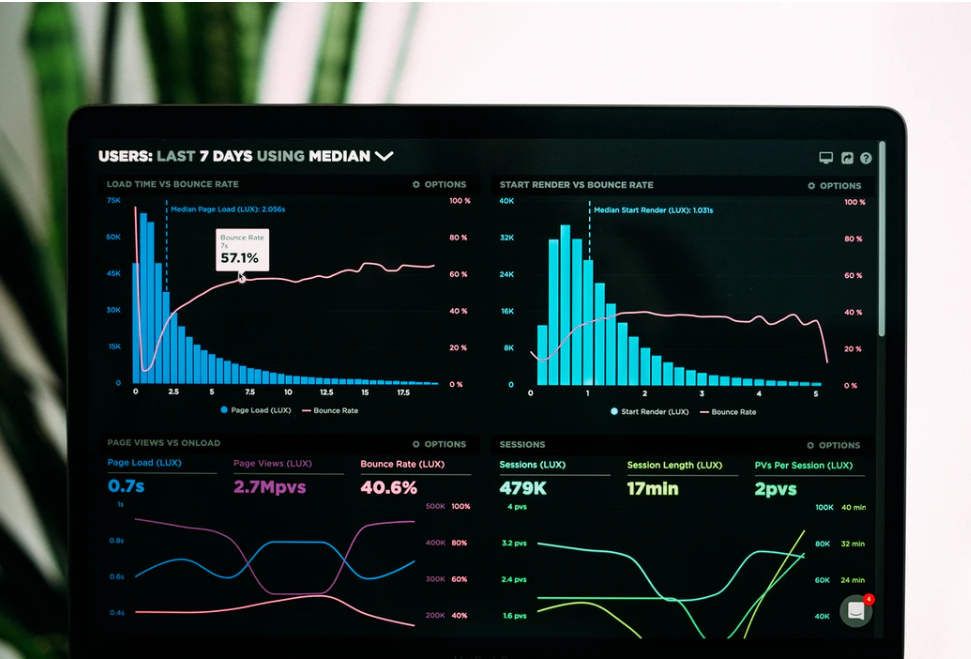
Fraud detection and cyber threat intelligence
Predictive analytics and machine learning capabilities can provide automatic alerts if it recognizes a pattern that matches any known fraud schemes, or detects unusual patterns in device or user activity.
Big Data and performance management solutions
There's an adage in the technology world that sums up Big Data..."You don't know what you don't know". To make information work for your business, no matter what industry or how big or small your company is, you need access to the insights that monitoring, or performance management provides. Today’s unified communications and collaboration environments are highly complex, often spread across multiple locations using multi-vendor technology.Without the resources to monitor these environments, you can't use your data to it full advantage.
IR's Collaborate suite of solutions offers enterprise grade performance management solutions to optimize your communications and collaboration ecosystems, and make the most of your big data.




